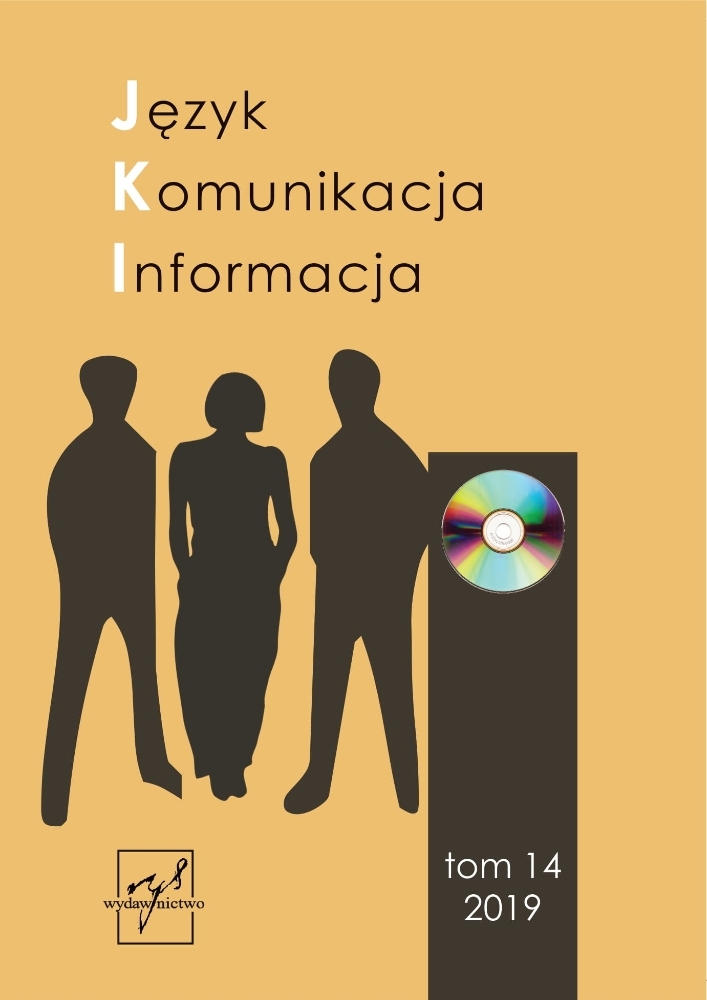Abstract
Based on a cost-oriented approach to public policy, we discuss how to decide about the implementation of linguistic minority rights. A formal model of policy measures is reviewed and a costefficient policy is characterized. The effects of the percentage rule that rights be implemented if the relative size of a minority community reaches a certain level, which in many cases are absurd, are demonstrated. The question to be asked is then how the percentage rule can be rationalized. That is, given the cost structures of policy measures, can the percentage rule be derived from people’s preferences in society? It is argued that the percentage rule is “rational” only if the majority population displays preferences for discrimination against the members of the minority. Further, one has to require that the policy measures result in rival, non-spatial goods. That is, in addition to the aversion of the majority population against the rights of the members of the minority, there can be no economies of scale in the policy measures; else the percentage rule is useless as an instrument for guiding the choice of minority-policy measures.
License
Open Access Policy: This journal provides immediate open access to its content on the principle that making research freely available to the public supports a greater global exchange of knowledge.
By sending their contributions authors accept that papers published in this journal are available online free of charge (Open Access) and are subject to the Creative Commons license 4.0 version BY-NC-ND.
